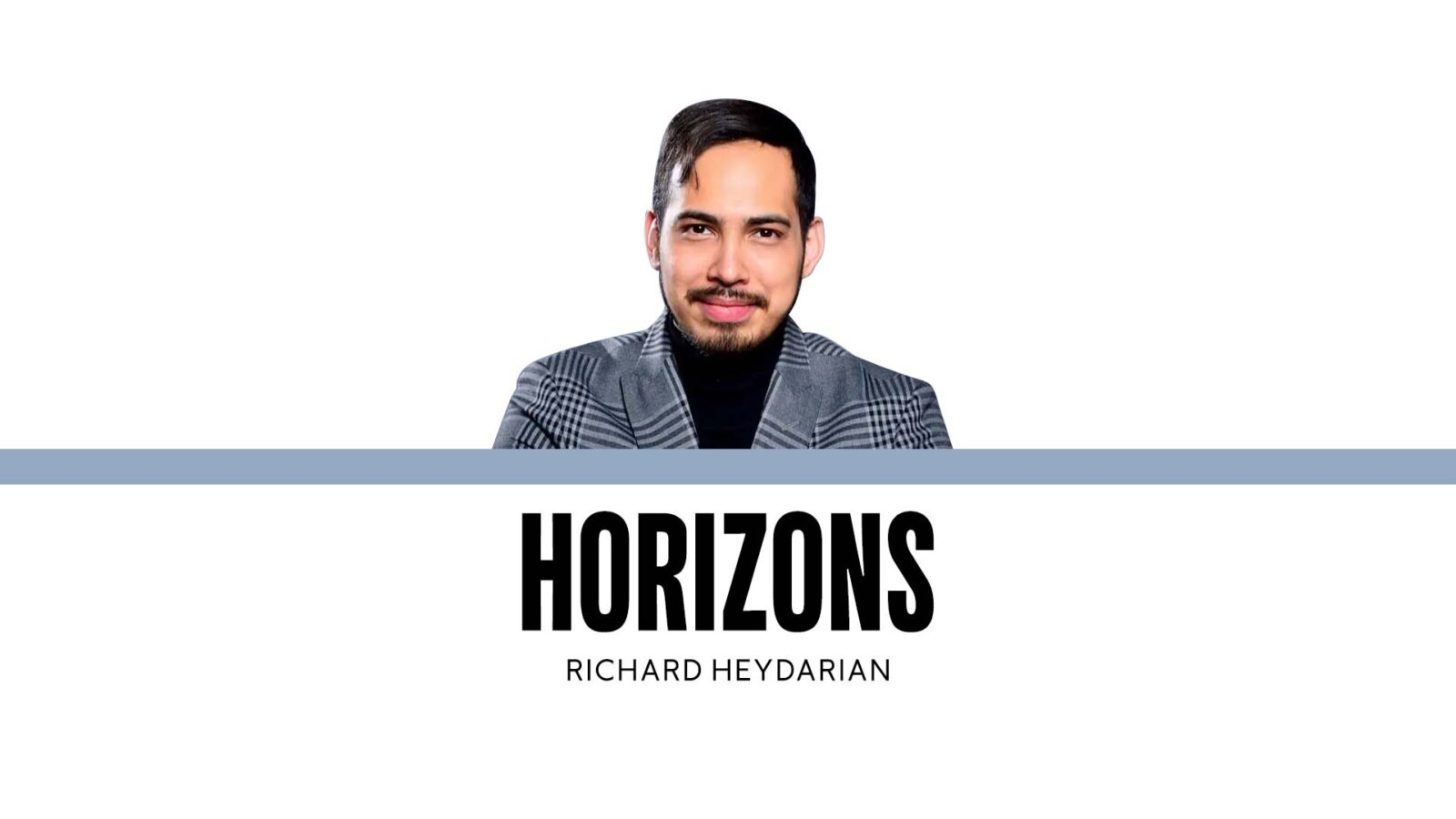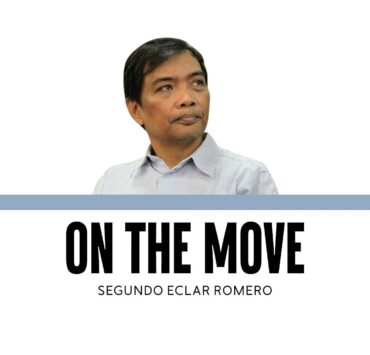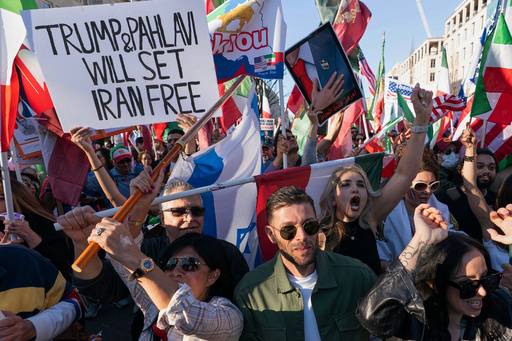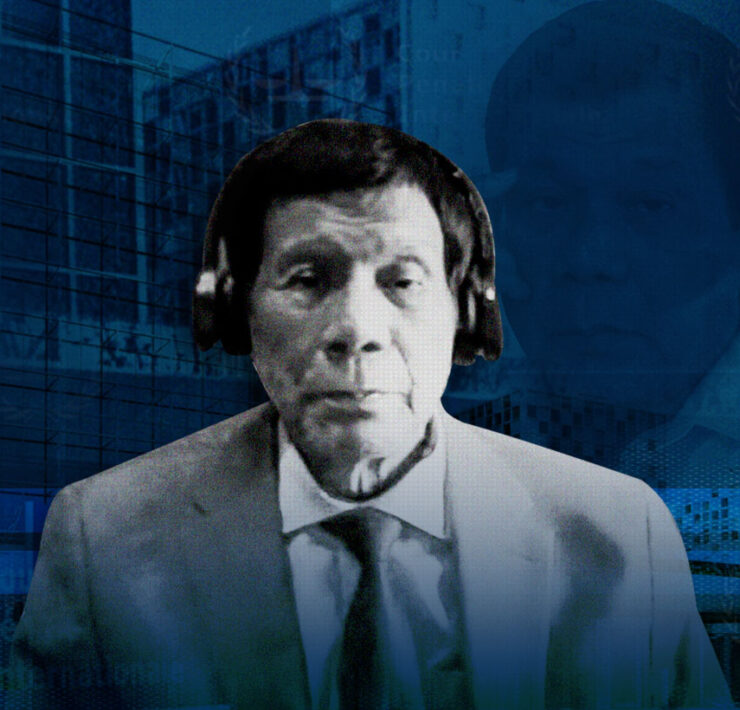Is PH hurtling toward a revolution?

I almost didn’t make it [to Oxford],” a visiting Nepalese scholar told me, with the sun gently filtering through the glass walls behind. “They burned all the documents across government offices,” recounting the harrowing events that culminated in the latest iteration of revolution befalling the “roof of the world.” “Thank you for inspiring us,” the scholar added, then realized that it was Indonesia, rather than the Philippines, which had sparked the latest wave of transnational revolt against corrupt establishments in the Global South. “Well, in fairness, we started our revolt against corruption more than a decade ago,” I added, referring to the “Million People March” at Luneta, back in 2013, when tens of thousands of Filipinos, including yours truly, joined protests against the Priority Development Assistance Fund corruption scandal.
Apparently, the assault on institutions of power in Nepal went beyond the usual symbols of the state, namely the parliament, the presidential palace, and the Supreme Court. The revolutionary fire engulfed quotidian organs of the government, including clerical offices, because corrupt officials, fearing detection of their misdeeds, had reportedly funded youthful gangs to burn down any paper trails and potentially incriminating evidence. In the name of revolution, therefore, fearful politicos opportunistically sanitized their records into oblivion lest they get caught in the meat grinder. For now, counterrevolutionary forces have shifted into hibernation mode, but who knows when they will mobilize next, especially should the new regime, under the auspices of a radical ex-jurist, retrace the crooked stench of their footsteps.
The fraught state of affairs in Nepal naturally worried me. After all, didn’t we supposedly flirt with regime change ourselves? Rumors of coup plots were rife in the run-up to the Sept. 21 “Trillion Peso March,” the biggest since the Edsa II revolution. No less than Armed Forces of the Philippines chief Gen. Romeo Brawner Jr. has acknowledged that “[t]here were recruitment activities, sad to say, by some retired officers trying to reach out to younger officers, to commanders, even to me,” though he maintained that the military “stood its ground … We came out victorious because none of our members heeded those calls.”
In a strong signal of our military’s professionalism, the country’s top general warned against any form of political adventurism, given our dark history: “In 1989, we saw soldier against soldier, brother against brother, fighting. We don’t want this to happen again. We will not allow that to happen again.” Any coup attempt, he rightly argued, would “set the Philippines back several years.” Nevertheless, as one government insider put it in a confidential meeting right after the massive protests: “You [liberal-progressives] would have taken over, had Sara Duterte not been the vice president.” The implication is that the prospect of a Sara Duterte presidency was the only thing that prevented the progressive forces from agitating for a total government overhaul.
While sharing our country’s predicament with my Nepalese colleague, a part of me was, at once, both embarrassed and also proud of the long arc of our struggle for good governance in the Philippines. But as I warned earlier, based on Brazil’s “Operation Car Wash” scandal experience in the mid-2010s, the ongoing corruption scandals could, in the absence of the rule of law and any real political center of gravity, transmogrify into weaponized mudslinging among politicians. It’s quite telling that the ”flood control” hearings have ground to a halt, first, in the House of Representatives and likely now in the Senate.
The preposterous ongoing demolition job against the country’s only progressive senator, Risa Hontiveros, who has credibly and categorically denied any involvement in shoddy projects and shady budget insertions, only proves my earlier warning. But where does that leave us?
Now, it all goes down to the incoming Ombudsman, who, in theory, wields all the necessary resources and constitutional mandate to independently and effectively investigate crooked politicians beyond partisan alignments. But should President Marcos pick the wrong choice in the coming days, and our judicial institutions fail to live up to the task, we would be flirting with a political abyss. The vultures—likely with even foreign backing, since political chaos at home means a weaker hand in the West Philippine Sea—are hovering around the carapace of our broken democracy. If true statesmen don’t step up, the whole system could come crashing down.
—————-
richard.heydarian@inquirer.net




















